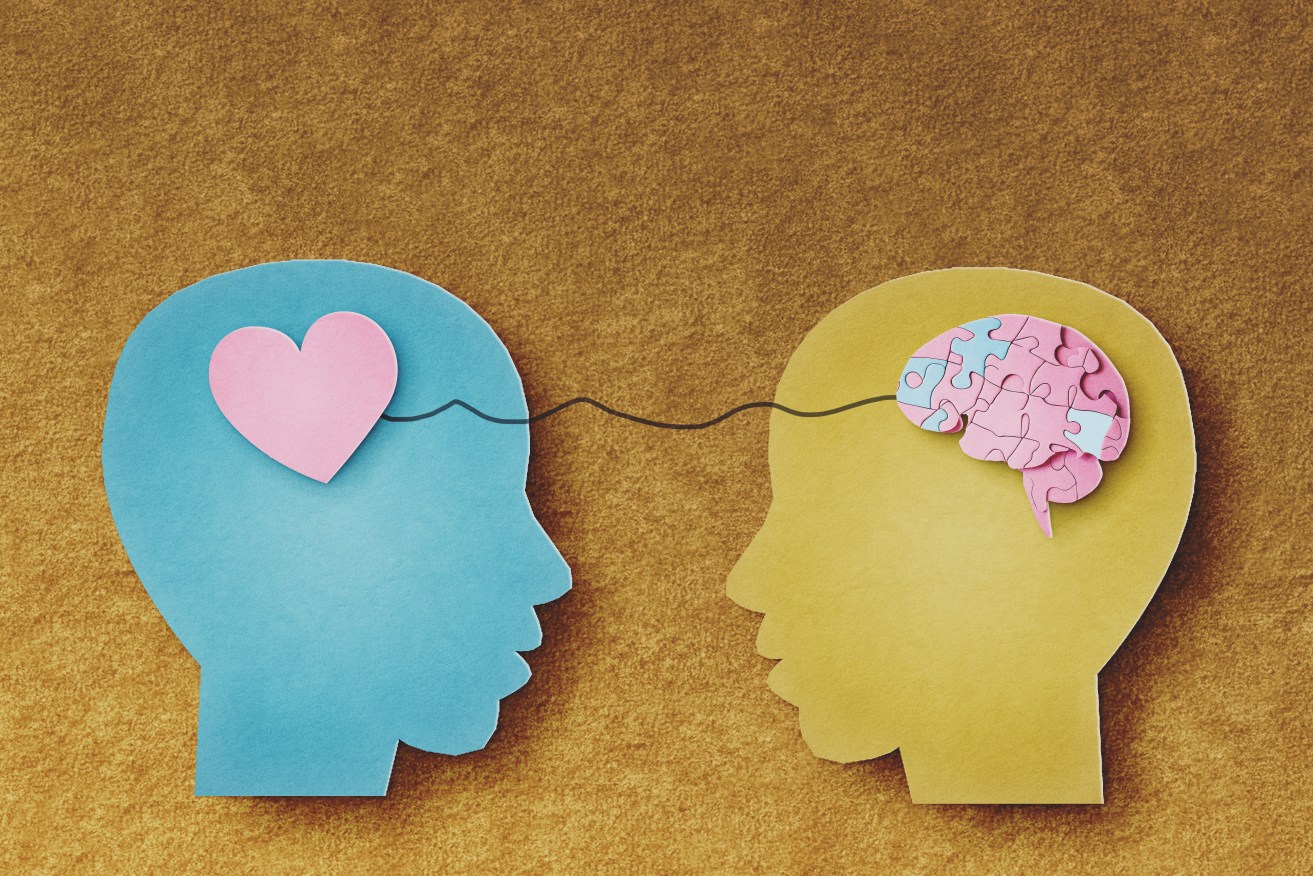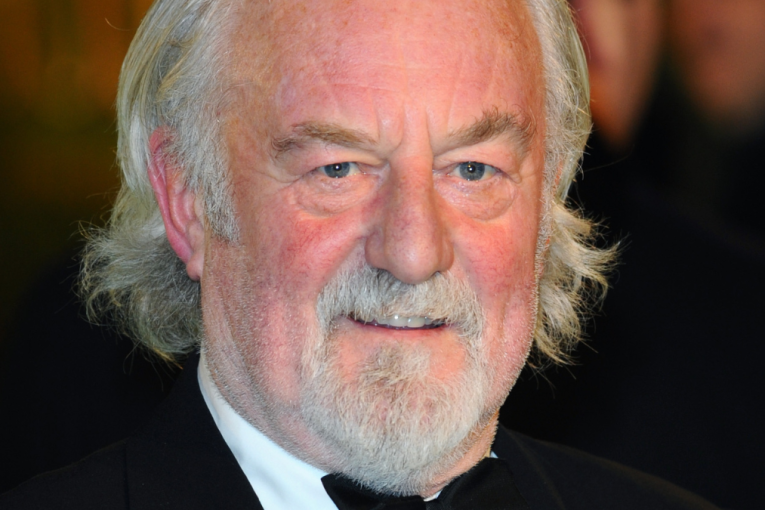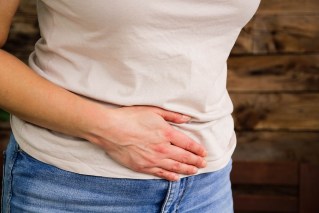Exercise is key to the brain reducing stress on the heart, study finds


Exercise is known to protect the heart and the brain. Scientists have found how they work together. Photo: Getty
You’ll have noticed that we bang on a fair bit about exercise being great for the heart and the brain. What’s been obvious, if not properly understood all along, is how this is all connected.
New research from Massachusetts General Hospital suggests that exercise – or any physical activity such as doing chores – lowers the risk of heart disease “in part by reducing stress-related signalling in the brain”.
The researchers found that people with stress-related conditions such as depression experienced the most cardiovascular benefits from physical activity.
The research may explain in part why, as we have previously reported, exercise appears to be 1.5 times more effective than standard measures in treating symptoms of depression. That is better than medication or psychotherapy.
And of course, both depression and cardiovascular disease are impacted by stress.
Only half the story was known
It’s well understood that exercise reduces the risk of heart disease by improving blood lipids (fats), and reducing high blood pressure, and arterial stiffness.
But the study authors found the mechanisms we know about account for only 59 per cent of exercise’s benefits on cardiovascular health.
As reported by Healthline, the new study was designed to learn more about what makes up the other 41 per cent.
The new study
According to a statement from Mass General: The research was led by Dr Ahmed Tawakol, MD, an investigator and cardiologist in the Cardiovascular Imaging Research Centre at Mass General.
He and his colleagues analysed the medical records of 50,359 participants from the Mass General Brigham Biobank. The participants had completed a physical activity survey.
A subset of 774 participants also underwent brain imaging tests and measurements of stress-related brain activity.
Over a median follow-up of 10 years, 12.9 per cent of participants developed cardiovascular disease.
Participants who met physical activity recommendations had a 23 per cent lower risk of developing cardiovascular disease compared with those who did not meet these recommendations.
(USA and Australia have the same recommendations for physical activity: 150 minutes of moderate-intensity cardiovascular exercise each week.)
Individuals with higher levels of physical activity also tended to have lower stress-related brain activity.
The heart-brain connection
Participants engaging in recommended levels of physical activity “displayed reduced activity in brain regions associated with stress, which contributed to lowering their risk of heart disease”.
Notably, “reductions in stress-associated brain activity were driven by gains in function in the prefrontal cortex”, a part of the brain involved in decision making and impulse control.
It’s also known “to restrain stress centres of the brain”.
These reductions in stress-related brain signalling partially accounted for cardiovascular benefits from physical activity.
What the researchers says
“Physical activity was roughly twice as effective in lowering cardiovascular disease risk among those with depression,” said Tawakol, the senior author of the study.
He said effects on the brain’s stress-related activity “may explain this novel observation”.
Prospective studies are needed, he said, “to identify potential mediators and to prove causality”.
In the meantime, “clinicians could convey to patients that physical activity may have important brain effects, which may impart greater cardiovascular benefits among individuals with stress-related syndromes such as depression”.








